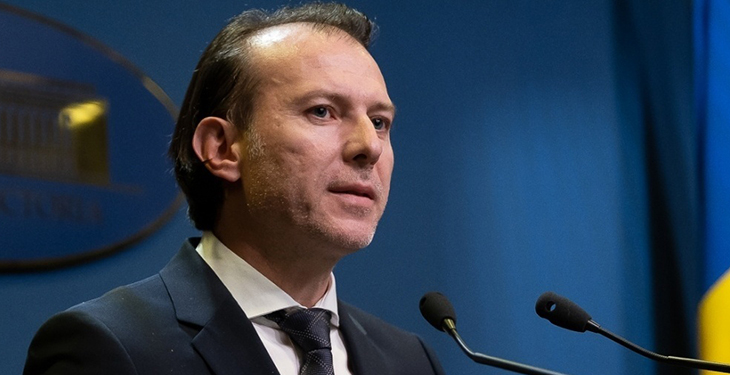Next Generation EU, worth 750 billion euro, is an ambitious economic recovery tool, which we must implement quickly and efficiently, said the Minister of Finance, Florin Cîţu, in the videoconference of the Economic and Financial Council (ECOFIN).
The Next Generation EU emergency instrument, which will temporarily increase the financial capacity of the EU budget through funds obtained from financial markets, entered the debate of the 27 finance ministers at the video conference of the Economic and Financial Council (ECOFIN) on 9 June.
“Next Generation EU is an ambitious economic recovery tool, which we need to implement quickly and efficiently. The key for Member States, the timetable for funding, the relationship with the European Semester and avoiding a long bureaucratic process, the conditions for repayment of loans undertaken by the European Union are, in our opinion, elements that must be carefully analyzed in order for the recovery instrument to achieve its purpose, and the results obtained to be the best and fairest possible,” said the Minister of Public Finance, Florin Cîţu, according to a ministry statement.
As main benefits of the instrument proposed by the EC, Florin Cîţu mentioned the share of grants (500 billion euro), the focus on the main challenges facing the European Union and their solution through structural reforms and investments. However, there are also issues that still need analysis and it is crucial that the discussions are not long, in order to access the funds as soon as possible, he said, according to Agerpres.
Next Generation EU is a tool available for a specified period, until 2024, and will only be used for crisis response measures. It is structured on three pillars, covering a wide range of investments, reforms, labor market recovery, support for SMEs and the recapitalization of companies, the transition to a green economy (including agriculture), strengthening health security and preparing for possible health crises.
The 750 billion euro will be borrowed from financial markets by the EU through the European Commission, and the way to repay it is yet to be decided. Around 500 billion euro will be allocated in the form of grants, with the rest being loans that can be given to Member States at triple A cost. The loans taken by the EU for the Next Generation Recovery Instrument are proposed to have an average maturity of 20 years and a grace period of 7 years.
